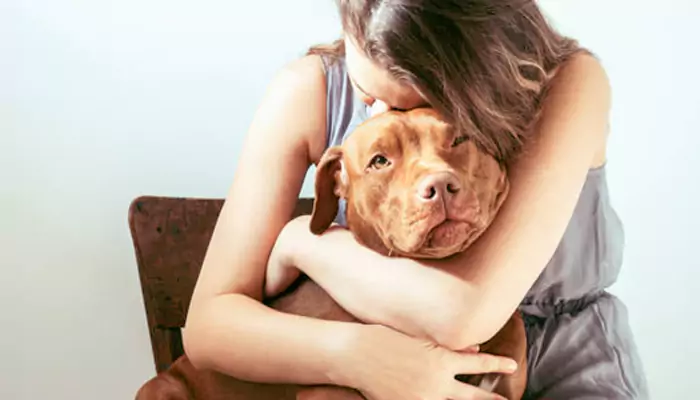How To Care For A Rescued Animal Till You Can Hand Them Over To A Shelter?

Discover how to provide temporary care and compassion for rescued animals until they find their forever homes in shelters.
Rescuing an animal in need is a commendable act of compassion and responsibility. However, not everyone can provide a forever home for these animals, and sometimes, the best option is to eventually hand them over to a shelter. In the interim, it's essential to provide the rescued animal with the care and attention they deserve. In this article, we will explore the steps and considerations involved in caring for a rescued animal until you can find them a suitable shelter.
Assess the Animal's Health
Upon rescuing an animal, the first and most critical step is to assess their health. This is especially important if you found the animal in poor conditions or if they appear injured or sick. Contact a veterinarian for a thorough examination and guidance on any immediate medical needs.Provide Shelter and Safety
While you are caring for the rescued animal, it's essential to offer them a safe and comfortable shelter. Depending on the type of animal, this could be a crate, a temporary enclosure, or even a quiet room in your home. Ensure the area is secure and free from potential hazards.Offer Proper Nutrition

Proper nutrition is vital for the animal's well-being. Consult with a veterinarian or a knowledgeable expert to determine the appropriate diet for the animal. High-quality food and fresh water should always be available. Monitor their appetite and adjust their diet as needed.
Establish a Routine
Animals thrive on routine, so establish a consistent schedule for feeding, bathroom breaks, and playtime. This helps reduce stress and anxiety, making the animal feel more secure in their temporary environment.Provide Social Interaction

Animals, especially dogs and cats, require social interaction and mental stimulation. Spend time with the rescued animal, offering companionship, play, and gentle training if necessary. Socializing with humans and other animals can help them adjust better when they eventually move to a shelter.
Ensure Proper Hygiene
Maintain good hygiene for the animal by providing regular grooming, cleaning their living area, and, if needed, administering baths. This not only keeps the animal healthy but also helps with their overall comfort.Veterinary Care
Regular veterinary care is essential to monitor the animal's health and address any medical issues promptly. Keep up with vaccinations, flea and tick prevention, and deworming, as recommended by the veterinarian.Find a Suitable Shelter
While caring for the rescued animal, it's crucial to actively search for a suitable shelter or rescue organization that can provide a permanent home. Research local shelters and their admission policies. Reach out to them, provide information about the animal's health and behavior, and inquire about their intake process.Screen Potential Adopters
Before handing over the rescued animal to a shelter or new home, it's essential to screen potential adopters carefully. Ensure they are committed to providing a loving and responsible environment. Ask questions, conduct interviews, and consider home visits or reference checks if necessary.Prepare Emotionally
Caring for a rescued animal and then saying goodbye can be emotionally challenging. Remember that you have provided them with a safe and loving environment during their transitional period. Focus on the positive impact you've made and the opportunity for them to find a permanent, loving home.Caring for a rescued animal until you can hand them over to a shelter is a noble and compassionate endeavor. It requires dedication, patience, and a genuine concern for the animal's well-being. By following these steps and considerations, you can ensure that the rescued animal receives the best care possible during their time with you and increases their chances of finding a loving forever home through a shelter or responsible adopter. Remember that your efforts make a significant difference in the lives of these animals and contribute to a more compassionate society for all creatures, great and small.












